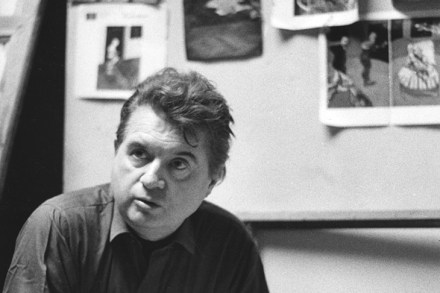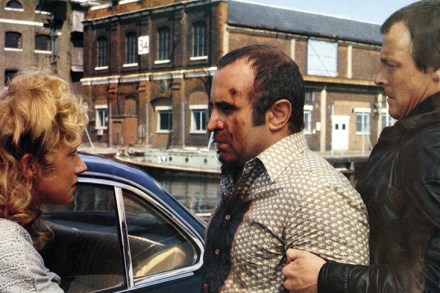Francis Bacon: king of the self-made myth
In 1953, Francis Bacon’s friends Lucian Freud and Caroline Blackwood were concerned about the painter’s health. His liver was in bad shape, he drank inordinately, his lover had recently thrown him out of a first-floor window in the course of a drunken row, he was taking too many amphetamines and his heart was ‘in tatters’, ‘not a ventricle working’. His doctor had warned if he took one more drink, he informed them over dinner at Wheeler’s restaurant in Soho, he might drop dead on the spot. Then, in ‘an ebullient mood’, the artist ordered champagne. Of course, Bacon (1909-92) didn’t expire on the spot. Instead, he lived, painted, drank and




















